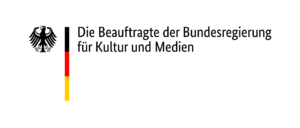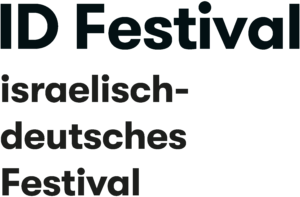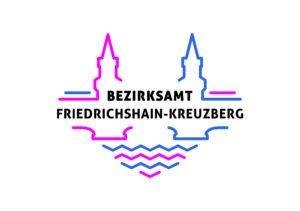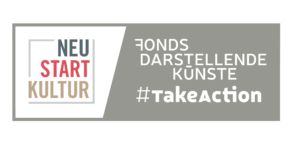Two women face the truth of the dissolution of the European egalitarian dream.
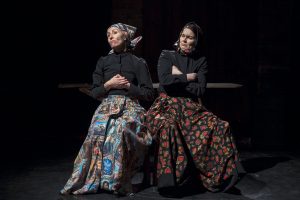 Everywhere they look things are not equal; in the taxi at the end of the night, on the bench in the middle of a village, in the congregation, in the boardroom, in the home. They tell stories of abortion, sing about violence and dance about menopause. They remember the lies they were told as children and question the hope that things might be different for future generations.
Everywhere they look things are not equal; in the taxi at the end of the night, on the bench in the middle of a village, in the congregation, in the boardroom, in the home. They tell stories of abortion, sing about violence and dance about menopause. They remember the lies they were told as children and question the hope that things might be different for future generations.
The performance uses puppetry, comedy, song, text and movement to create a hybrid, humorous and powerful perspective on being a woman in Europe today.
“For it was Adam who was first created, and then Eve” – Timothy 2:1
Performed in English, Polish and Spanish with English surtitles
The Workshop
Your Story: A workshop for everyone who has ever identified as a woman – suitable for +15 – led by British visual artist Jo Johnston and the Heartburn cast.
The workshop will be held on Saturday, January 28 from 11:00 am to 2:00 pm. Attendance is free of charge, but you must register in advance by sending an email to info@cosmino.org
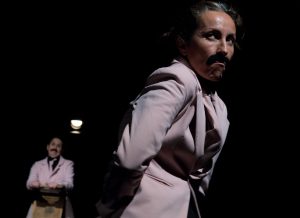
After seeing the performance of Heartburn, we invite you to attend a free follow up creative workshop where you will work with members of the artistic team to create “story collages” of your experiences and feelings.
The new works of art created in the in workshop can then be uploaded to our website www.heartburnwomen.com
